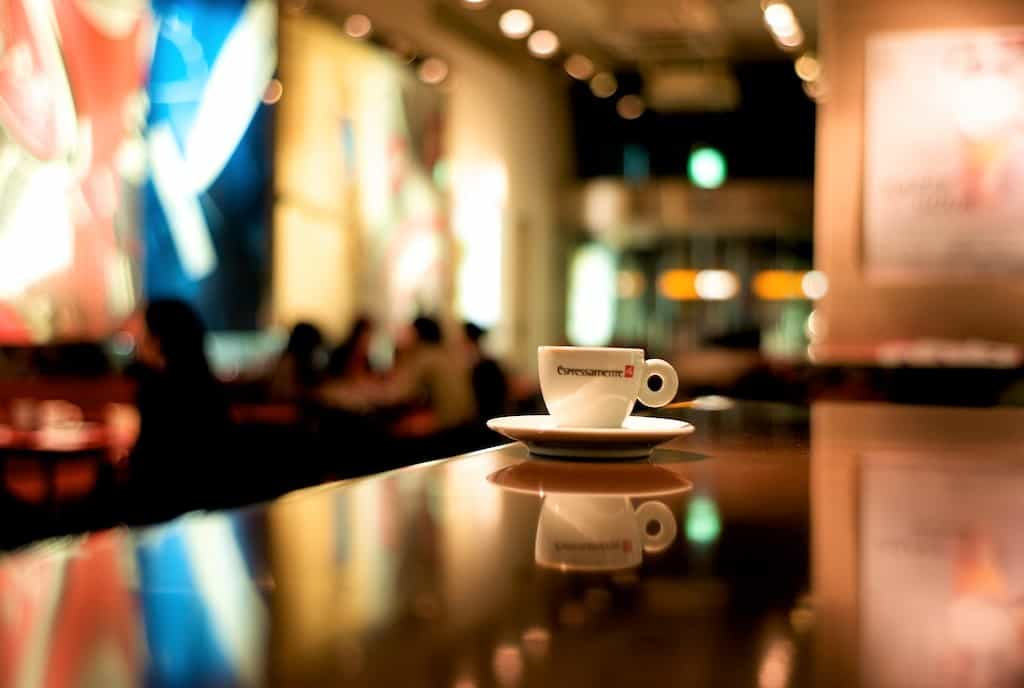Is Coffee an energy booster? And will it keep you awake if you drink it too late in the evening?
What is Coffee?
The plant is called Coffea in Latin, of the family Rubiaceae. There are many plants in this family but only two are used to make coffee, Coffea arabica, also called Arabica and Coffea canephora, also called Robusta. Of these, the Arabica is more valuable and more cultivated, while Robusta is slightly higher in caffeine. The flavor changes in a variety of ways depending on where the plants are grown, when they are harvested, how they are transported, and how they are toasted once they arrive at the roastery, etc, etc.
The most exclusive grinds are pure Arabica, while most of the normal supermarket brands are blends. But If made the right way, a blend can be as good as a pure Arabica. It all comes down to knowledge in trading and roasting and the general quality of the beans. Making a good Coffee is as difficult and magical as processing and producing a first-class wine.
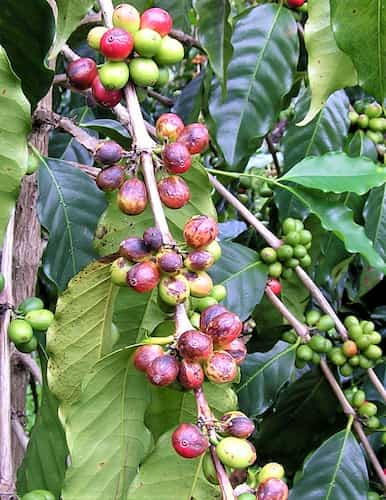 A short history of the magical beverage.
A short history of the magical beverage.
It probably originated from East Africa, Ethiopia, but the first documentation is in Arabic, from the other side of the Persian Gulf, from Yemen. Arabic scholars used it to prolong their nightly working hours. We know it existed in the 12th century, but the use of Coffee as a booster drug could be much older than so.
It was the Arabs who invented the roasted bean. A technique to get more caffeine and much more taste out of the grind. The traditional way to make the drink was to boil the grind together with water. And that is still today the way coffee is brewed in many Arabic countries.
The wonderful black beverage traveled from south to north, from west to east, and in the 16th century, it came to Europe. It was probably the Venetians who discovered it. They already had a very long tradition of trading with the orient and in mid-1500, the ambassador, Gianfrancesco Morosini in Constantinople wrote home to Venice and told them about the marvelous, black, liquid… Cahwah, or Kahve in Turkish.
The catholic church wasn’t all that enthusiastic. An Arabic, euphoric beverage, that on top of everything else was black… It had to be a Devil’s tool. Fortunately, Pope Clemente VIII loved coffee to an extent that he felt he had to save it.
“This Coffee made by the Devil is so good that we have to try to trick him… By baptizing it”. So it got baptized and people could continue to drink it without risking their eternal soul.
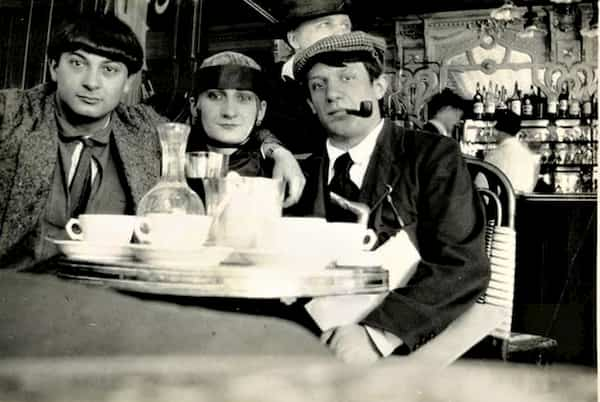
Further development
At first, it was considered a medicine, something to take occasionally at a very high price. But soon Caffès popped up in all the big European Metropolis, Paris, Naples, London, Prague, and Coffee became the highest fashion. By mid-1700 Venice alone had more than 200 coffee-shops.
In 1884, Angelo Moriondo invented the Espresso machine. Moriondo was a technically and mechanically capable man and he actually made all his own machinery himself. His Bar (interestingly called Bar Americano) in Turin, had lots of clients, and the typical Italian coffee drinking style, standing up and downing it swiftly, made him wonder if it could be made instantaneous in some way. The invention was a huge success. The Espresso has since become the essence of the Italian Coffee culture. Although it wasn’t thought of as a flavor- and taste reinforcer, but simply as a way to make the process of making coffee faster.
The filter coffee
In 1908 the paper filter was invented by a German housewife, Mrs. Melitta Benz. She formed a company and her name is forever linked to the technique of filtering the grind.
But it doesn’t end here. Coffee is served in millions of different ways around the globe. Hot and cold, sweet and bitter, boiled, filtered and pressurized. There is just no limit to how the black drug can be enjoyed by enthusiasts… The Turks drink their coffee in small cups. It’s boiled for quite some time and then poured together with the grounds. The Bedouins have rites and rules around coffee almost as complicated as the Japanese tea ceremony (Remember to never accept the fourth cup…). The Sami in Scandinavia even drink it with cheese… The so-called Coffee-cheese.
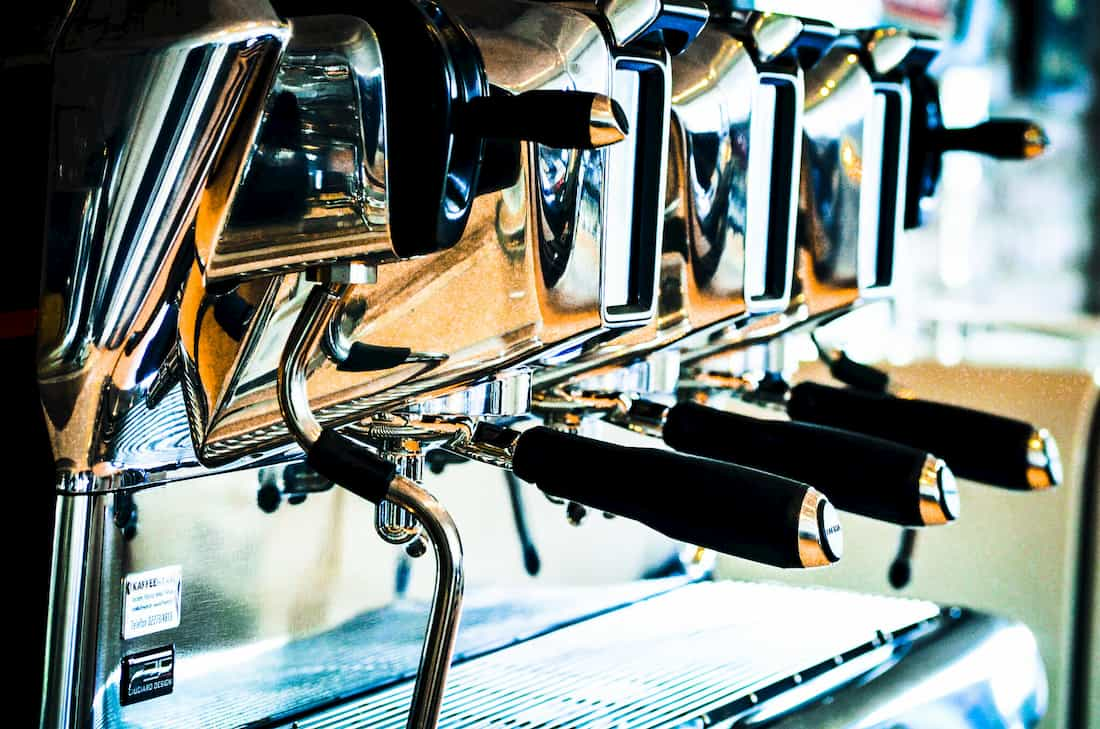
The documented effects on the human body.
There are many things inside a cup of coffee. In fact, a grain of coffee involves a complex mixture of chlorogenic acids, fatty acids, tocopherols, and triglycerides. And then there’s the water. The quality of the water has a dominant effect on the final cup. Why doesn’t a branded Espresso tastes the same in London as in Naples?
One reason is the water…
Coffee contains:
- Theophylline, a mild stimulant, and muscle relaxant. Similar to caffeine.
- 2-Ethylphenol
- 3,5 Dicaffeoylquinic Acid which has a beneficial effect on free radicals.
- Trigonelline a plant alkaloid with therapeutic potential for diabetes and central nervous system disease.
…And other more than 1000 compounds. Many of these have an effect on the human body, beneficial or noxious.
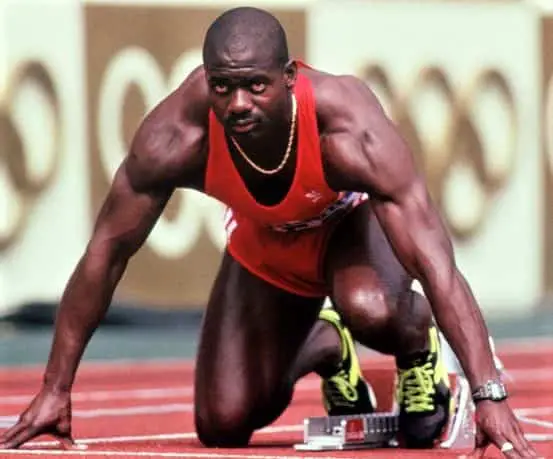 But let’s talk about the energy boost, and that’s mostly linked to Caffeine.
But let’s talk about the energy boost, and that’s mostly linked to Caffeine.
- It stimulates the central nervous system and reduces fatigue.
- Caffeine has an effect on learning and memory.
- It improves reaction time and concentration.
- Caffeine delays or even prevents sleep. It also improves performance and concentration in a lack of sleep.
- Caffeine improves athletic performance. It also improves muscular strength and power.
- It also increases the basal metabolic rate (BMI). You lose weight without workout.
It is an incredible boost to many of our capacities, intellectual as well as physical. The effects of physical performance put it on the doping list from 1984 until 2004. It was removed but is still under observation. The World Anti-Doping Agency (WADA) says it’s proven to be an enhancer, but the health issues and the Violation of the Spirit of Sport aren’t obvious.
Some studies show that the impact of caffeine decreases with every cup you drink. Much like other drugs. And the effect is reversed when caffeine intake decreases. This means that to have the best intellectual and physical effect, you should take no coffee for a period. Then take a cup, wait an hour for the caffeine to have maximum effect, and after that run the marathon or have the exam.
Health issues.
And now to the bad news about Coffee.
- It increases blood pressure, and unfiltered coffee has shown mild increases in cholesterol levels.
- Of course, insomnia, restlessness, and other downsides with the energy boost you gain from drinking java.
- Pregnant women, as well as those wanting to get pregnant, should limit the quantities of caffeine. Extreme intakes can lead to miscarriage, and lower levels could decrease the weight of the fetus. 200mg of caffeine a day, or one big mug is regarded as safe.
- It affects the gastrointestinal system and gastric acid secretion. You could experience an upset abdomen, especially if you drink coffee on an empty stomach.
- … And it can, although not commonly, make you sleepy…
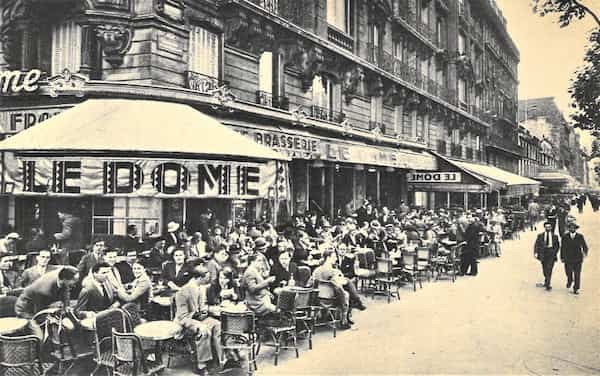 What?
What?
Caffeine blocks something called the adenosine receptors in your brain. Adenosine is a neurotransmitter that causes sleepiness, and if it can’t get through to the receivers, you don’t feel sleepy.
But your body continues to produce adenosine and when the effect of caffeine wears off, your whole system is full, and the receptors get access to all of it at once… Yep, you fall asleep.
That happens when you’re detoxing, but even directly after a cup it’s possible to feel sleepy.
In that case, it could depend on dehydration. Caffeine is diuretic at high doses, and dehydration is a known fatigue factor. You will have to drink quite a lot to experience sleepiness from coffee though.
Conclusion
Coffee has a big impact on our physical and mental well-being. Many good things come from drinking it, and some bad.
The most noticeable effect, without a doubt, is the energy it provides. And with that comes insomnia. To maximize the beneficial outcome, you should stop drinking it for some time, and then start again. To minimize the negative effects, you should keep caffeine consumption under 400mg/day… 200mg/day if you’re pregnant or breastfeeding.
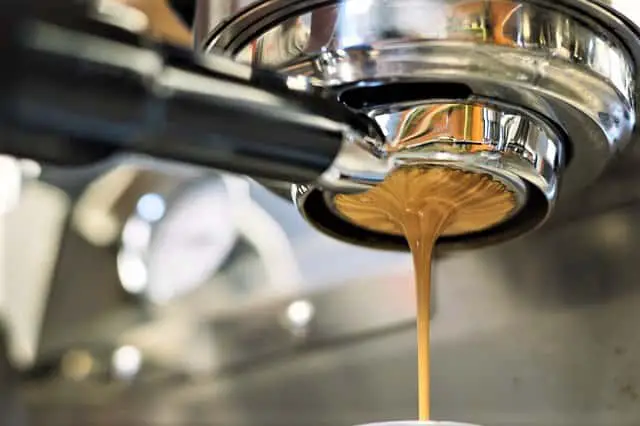
Just remember, there is caffeine in lots of products outside the coffee sphere.
- Energy drinks can have more caffeine than coffee.
- A 20oz Diet Pepsi bottle equals a normal coffee in caffeine.
- Some energy bars are also rich in caffeine
- Cocoa has caffeine naturally. That means normal chocolate is caffeine-rich. The darker the chocolate the more caffeine.
- Even some morning cereals have caffeine in them.
- Ever heard of Jolt Energy Gum? Two of those equals a cup of joe.
Yes, Coffee can definitely boost your energy and it could keep you awake if you drink it too late in the evening… or it will put you to sleep.
sources
